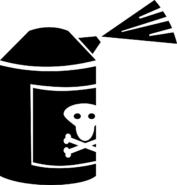Posted on 24 Jun 2015
Abstract
Are politically connected firms more likely to evade taxes? This paper presents evidence suggesting firms owned by President Ben Ali and his family were more prone to evade import tariffs. During Ben Ali’s reign, evasion gaps, defined as the difference between the value of exports to Tunisia reported by partner countries and the value of imports reported at Tunisian customs, were correlated with the import share of connected firms. This association was especially strong for goods subject to high tariffs, and driven by underreporting of unit prices, which diminished after the revolution. Consistent with these product-level patterns, unit prices reported by connected firms were lower than those reported by other firms, and declined faster with tariffs than those of other firms. Moreover, privatization to the Ben Ali family was associated with a reduction in reported unit prices, whereas privatization per se was not.



